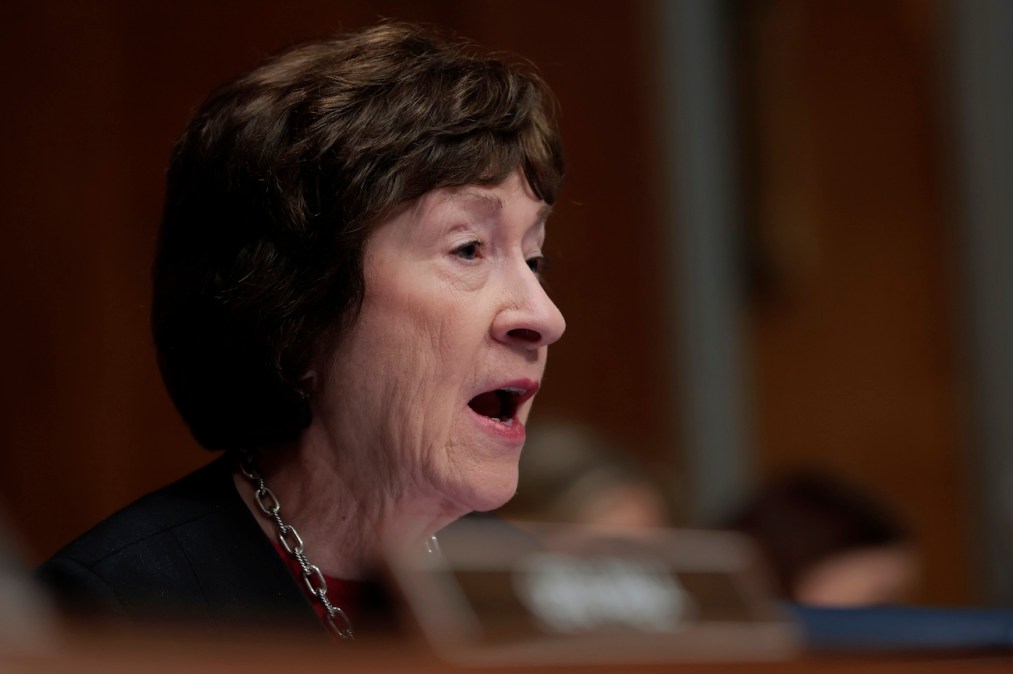Maine lawmakers urge Trump admin to unfreeze ‘essential’ Digital Equity Act funds

Maine lawmakers on Wednesday co-authored a letter urging the Commerce Department to unfreeze the $35 million in federal funds the state was set to receive through the Digital Equity Act.
Maine’s congressional delegation — Reps. Jared Golden and Chellie Pingree and Sens. Susan Collins and Angus King — write that the funding was “essential” for Maine, as it’s one of the most rural states in the country. More than half the state’s 40,000 residents live in rural areas and face challenges in securing and maintaining internet connectivity. This includes many older residents, small businesses, veterans, low-income households, tribal communities and students.
“As one of the most rural states in the nation, Maine is especially affected by this decision, which will have an outsized impact on Maine families, small businesses, and communities. The programs created by the grants would ensure access across Maine to the necessary technology and skills to participate in the digital economy,” the delegation wrote in a letter addressed to Commerce Secretary Howard Lutnick and Adam Cassady, acting administrator of the National Telecommunications and Information Administration.
Maine, which was notified on May 9 that its Digital Equity Act funding had been terminated, was the first state to have its digital equity plan accepted by the NTIA, in February 2024. Maine was set to receive $35 million for digital skills and cybersecurity training, workforce development, expanded telehealth and educational services supported by libraries, educational institutions and community organizations.
The letter came nearly two weeks after President Donald Trump shared on Truth Social on May 8 his plans to end the program, describing it as a “giveaway” based on race, “racist” and “unconstitutional.” Trump said that Lutnick agreed with defunding the act, though doing so should take an act of Congress.
In March, Lutnick said he planned to reform the $42.45 billion Broadband Equity, Access, and Deployment program by eliminating “pointless requirements” and “woke mandates.” BEAD and the Digital Equity Act were created by the 2021 Infrastructure Investment and Jobs Act.
Beyond losing funding for internet connectivity, Maine’s legislators said terminating the Digital Equity Act would cause the state to lose the majority of the $35 million it had already been awarded. The Maine Connectivity Authority, the agency charged with achieving universal access to reliable, affordable high-speed internet service statewide, last week shared that almost 130,000 people in Maine would have been served directly through the two programs.
“Terminating these funds will increase the difficulties for individuals and families to use the internet to improve their lives and fully participate in an increasingly digital world,” the delegation’s letter continued. “We urge the Department of Commerce to reverse this decision immediately and restore funding for this vital program.”






